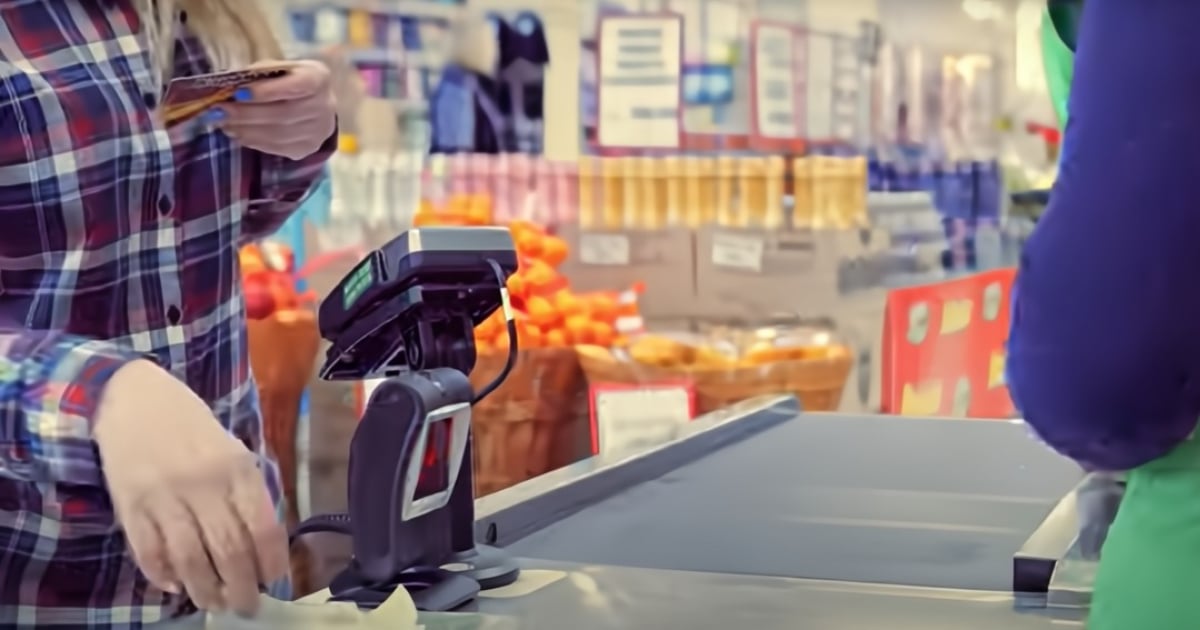The Trump administration, led by the Department of Agriculture (USDA), has declared that undocumented immigrants will no longer be eligible for the Supplemental Nutrition Assistance Program (SNAP), commonly known as food stamps. In Cuban slang, it's like saying "the free ride is over." This policy affects vulnerable communities and low-income families struggling to make ends meet in the United States, pushing them further toward leaving the country.
While the law already prohibits these benefits for individuals without legal status, Brooke L. Rollins, the new Secretary of Agriculture, noted that identity and immigration status verification policies will be strengthened in light of detected fraud cases. "The generosity of American taxpayers has been misused for too long due to misguided interpretations of the 1996 welfare reform law," Rollins stated.
She emphasized that the changes are intended to eliminate "waste, fraud, and abuse" within USDA-funded programs and are in line with Executive Order 14218, signed by President Trump, titled "Ending the Taxpayer Subsidy for Open Borders." The announcement was supported by a joint statement from the Departments of Agriculture, Health, Labor, Justice, and Education, clarifying the interpretation of "federal public benefit" as outlined in the 1996 law.
The official communication highlights that this reinterpretation has a direct impact on programs managed by the USDA.
Trump's SNAP Spending Cuts and Policy Changes
In February 2025, the Trump administration revealed its intention to ban SNAP benefits from being used to purchase junk food. At that time, it aimed to restrict items such as sugary drinks, sweets, and ultra-processed foods. By April, the USDA mandated state agencies to reinforce identity and immigration checks when determining SNAP applicants' eligibility.
A month later, restrictions intensified. The administration required that all records associated with the program be shared with the federal government to enable real-time data analysis and prevent irregularities.
The legislative proposal, driven by House Republicans and part of Trump's campaign promises, imposed stricter requirements on beneficiaries and limited program access for immigrants with legal status, including those under asylum and humanitarian parole.
These new measures, which align with Trump's immigration policies, are part of Rollins' strategic vision on her first full day leading the Department. She assured that these actions are part of a plan for "swift actions to minimize fraud and protect both participants and taxpayers."
Frequently Asked Questions on SNAP Policy Changes
What is SNAP and who can access it?
SNAP, or the Supplemental Nutrition Assistance Program, is a federal aid program that provides food-purchasing assistance to low-income individuals and families. Eligibility is primarily based on income, household size, and citizenship or legal residency status.
How will the new policy changes affect immigrant families?
The new policy changes will prevent undocumented immigrants from accessing SNAP benefits, which could place additional financial strain on immigrant families who rely on this assistance for their nutritional needs.
Why has the Trump administration implemented these changes?
The Trump administration has implemented these changes to reduce fraud and abuse in the SNAP program, ensure proper use of taxpayer funds, and enforce stricter immigration policies.
